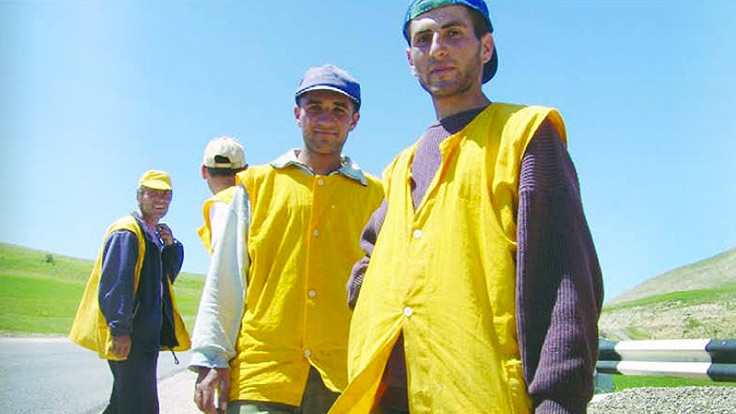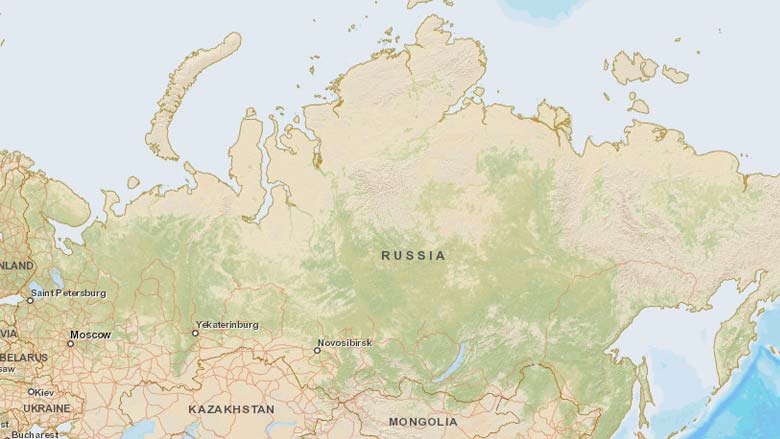Bank Contribution
This project was based on the World Bank study: Youth in the North Caucasus: From Risk to Empowerment, undertaken in 2005–06 at the request of the Russian government. Given the study’s findings on the many challenges facing young people in the North Caucasus region, the World Bank’s Post-Conflict Fund, supported by a variety of donor agencies, provided a grant of US$2.1 million for the implementation of this project.
Partners
The project was implemented by UNICEF North Caucasus and included partnerships with a wide range of stakeholders relevant to youth development in the region, including young people, parents and families, teachers and educators, schools and universities, religious and community leaders, NGOs, journalists and other civil society organizations, local authorities and republic government officials from a wide range of ministries and agencies (such as youth, education, labor, security), development partners such as the International Labour Organization and the UN High Commissioner for Refugees, private businesses and employers. These partnerships created momentum for increased engagement and discussion of the challenges and opportunities for young people in the North Caucasus.
Moving Forward
This project supported numerous activities that continue to be implemented by local- and republic-level authorities, civil society organizations, communities, and young people themselves, including the youth and peace centers. Its ongoing impact is assured through the network of young people and opinion-shapers committed to youth empowerment whom it trained and supported: youth center volunteers who organize learning, sports, and culture activities; peace-camp graduates who commit to being peace leaders in their communities; and hundreds of young people and adults who have participated in leadership, healthy lifestyles or journalism trainings, conflict-resolution sessions, and inter-faith or inter-ethnic dialogues, and who will continue to employ these skills to benefit their communities long after the close of the project.
Beneficiaries
In the words of the project’s clients and stakeholders:
“I became tolerant. How do I understand tolerance? It’s all good, respect and friendship. I met with children from other regions, they are all different, each has its own customs. But we also have a lot of commonalities. Now we will be friends and keep in touch by email.”
- Zarema, from Ingushetia, participated in a peace camp in Dagestan in July 2009
“Great expectations are placed on this generation for the establishment of peaceful and neighborly relations in the North Caucasus.”
- Yunus-Bek Yevkurov, President of the Republic of Ingushetia, November 2010 (on the occasion of a Youth Peace Camp in Ingushetia)
“It is a boiling point for youth in our region {...} our task is to help the youth to identify their future. We must catch the moment, not to lose it.”
- Boris Pashtov, the Minister of Information and Youth, Republic of Kabardino-Balkaria (North Caucasus Youth Steering Committee member and participant in the project-organized study tour for North Caucasus youth officials to Syria)
“Best of all I appreciate the fact that staff of the center care about youth leisure. It is so rare in our republic.”
- Malika, 26-year-old language class participant at the Nesterovskaya Youth Center
“Left to themselves young people have greater odds of being exposed to the negative influences of different criminal groups of radical movements. I am convinced that new good friends and new opportunities acquired through ‘Planet’ [Nesterovskaya Youth Center] will help many children and adolescents make the right choices and decisions for their growth and development.”
- Lema Ismailova, Minister of Education, Republic of Ingushetia, November 2009.

